Smoking cessation
Let's make every day smoke-free
In this section you will find links to resources and tools to help your patients quit smoking and prepare them for their surgery.
Smoking cessation in the perioperative period
Stopping smoking really is the best thing anyone can do for their health and to reduce the risk of a bad result after surgery.
The World Health Organization showed that stopping smoking reduces the risk of complications following surgery by 50%.
Stopping smoking improves the blood supply to tissues, so wounds heal better, with fewer infections and lungs work better, with far less need for intensive care. Within hours, the blood is better at carrying oxygen.
Each craving only lasts 90 seconds. The main withdrawal symptoms, such as irritability, are reducing by two weeks. There are many options for help, with psychological support, apps, alternative activities, exercise, nicotine replacement options and websites with personalised coaching.
You can do it!
Supporting patients to stop smoking
Below you will find tools and links to resources to help your patients quit smoking and prepare them for surgery.
Smoking cessation guide - Perioperative Treatment of Tobacco Dependence
Background
Surgical patients who smoke are at higher risk of experiencing complications. These risks are particularly important in surgical populations where smoking prevalence exceeds the background population rate.
Peri-operative care, spanning "from the moment surgery is contemplated through to full recovery" (CPOC) is recognised as a teachable moment wherein there is motivation for spontaneous or health professional-prompted behaviour change.
Evidence from randomised controlled trials indicates that smoking cessation interventions which take place during the perioperative period increase the likelihood that patients will abstain from smoking, both at the time of their operation and one year after surgery. Crucially, such interventions can also reduce perioperative complications.
This guideline aims to offer peri-operative clinicians a structured resource to assist their patients in quitting smoking. It adopts the "Ask, Advice, Act" approach from Very Brief Advice, an evidence-based intervention developed by the National Centre for Smoking Cessation Training (NCSCT). It is essential to note that most smoking-related health issues stem from the components of tobacco smoke rather than nicotine itself. The guideline encompasses options for nicotine replacement therapy (NRT) and includes a section on Electronic Nicotine Delivery Systems, commonly know as "vapes" or "e-cigarettes".
Why does perioperative treatment of tobacco dependence matter?
- Stopping smoking greatly reduces perioperative risks.
- The perioperative period presents a 'teachable moment' when:
- Patients may be motivated to improve their health.
- There are multiple opportunities to provide information and support.
- A hospital admission places the patient in a 'no smoking' environment.
- 'Advice from a health professional' is the second most common reason patients give for stopping smoking.
- The more times patients hear these messages, the more likely they are to act on them.
- Smoking is linked to nearly all measure of socio-economic disadvantage. Addressing smoking on surgical waiting lists could improve outcomes for disadvantaged groups.
- There is significant economic burden associated with perioperative smoking.
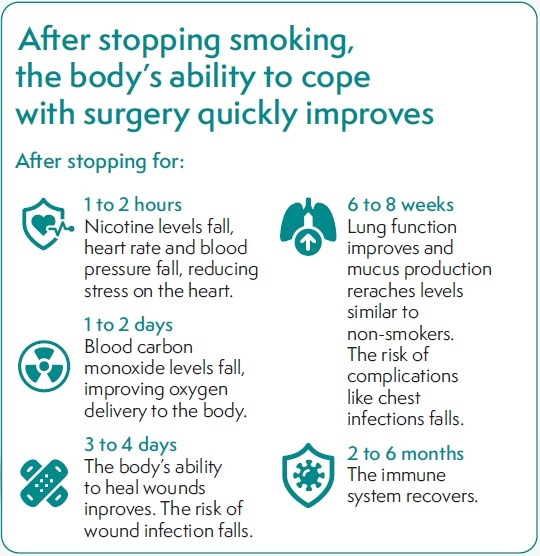
Infographic: Quit smoking - the perioperative care benefits
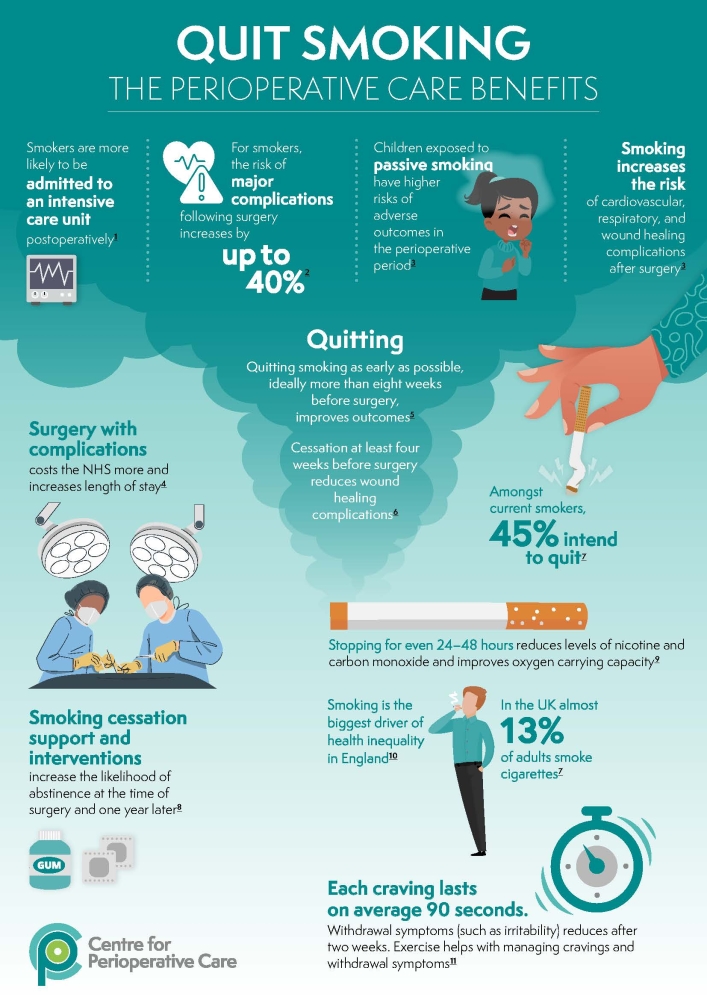
Additional smoking cessation resources
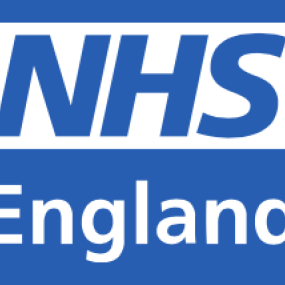
Advice on physical activity at all stages of children, young peoples' and adults' treatment pathways.

An interactive learning resource for everyone, which enables the delivery of consistent and concise health and wellbeing information and encourages individuals to engage in conversations about their health at scale across organisations and populations.

Tools and tips to help your patients quit smoking and stay on track.
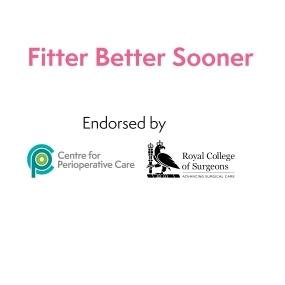
A wealth of resources to help prepare your patients on what they can do to get the best possible outcome from surgery.
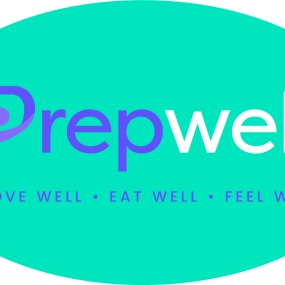
A service run by South Tees Hospitals and Public Health South Tees, supporting patients in their fitness, health and wellbeing before a planned operation or treatment.
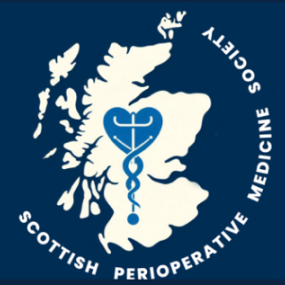

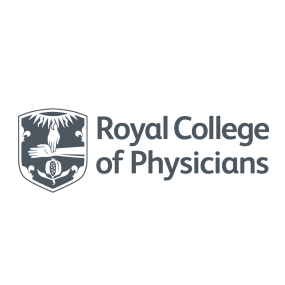
A blog written by the Royal College of Physicians's special advisor on tobacco on the government's measures to create a smoke-free generation.


- 40th anniversary of No Smoking Day by Action on Smoking & Health
- ASH has published a new Ready Reckoner tool to show the costs of smoking to society. ASH estimates that smoking costs England £46.0 Billion per year
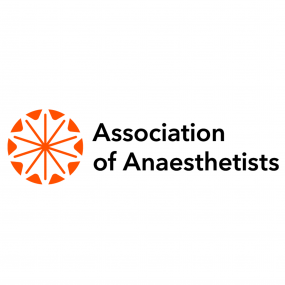
A news item by the Association of Anaesthetists, showing support for a 'smoke-free generation'.

Disclaimer
CPOC has not undertaken a full review of these resources, unless it specifically states CPOC endorsement has been granted. CPOC is simply providing links to these resources.

